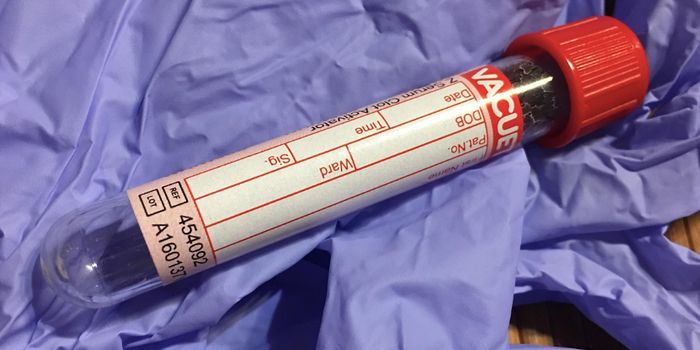No Short Term Effects of THC-positive Breast Milk
A recent study found that THC does not have short-term negative effects on an early, premature baby’s health. Researchers compared preterm infants who were given breast milk from THC positive mothers to those given formula or THC negative breast milk, and they reported no significant differences in breathing difficulties, lung development, or feeding issues.
However, research also suggests pre- and post-natal exposure to cannabis may be linked to low birth weight, attention deficit, and delayed learning development. A study conducted by University of Colorado researchers determined there is no known safe amount of cannabis for mothers. A study published in JAMA examined the persistence of cannabis in breast milk. Researchers noted differences in strain potency used by participants, frequency of use, and individual metabolism rates that contribute to variability of THC levels in breast milk, but the study confirmed that THC stays in breast milk for 6 weeks. Since most research indicates potential negative impacts on an infant’s development, most medical professionals advise against using cannabis while pregnant or lactating.
Some mothers choose to relieve anxiety and depression with cannabis despite awareness of legal risks and research findings indicating cannabis consumption by the mother predisposes the baby to emotional, intellectual, and physical developmental disorders. Mothers report that cannabis helps them with insomnia, depression, and the stress of being a new parent.
Until more research sheds light on cannabinoid absorption from breast milk, many medical professionals take a realistic approach to advising patients and focusing on harm reduction strategies if a mother chooses to consume cannabis. Their recommendations may include suggesting small doses and opting for edibles and tinctures instead of smoking flower. Senior investigator Dr. Maya Bunik explains how advocating for complete reduction of use is critical; "to limit the unknown THC effects on fetal brain development and promote safe breastfeeding, it is critical to emphasize marijuana abstention both early in pregnancy and postpartum. To help encourage successful abstention, we need to look at - and improve - the system of supports we offer new moms." Appropriate support systems can help new patients cope with the mental and physical stressors of motherhood and make responsible cannabis consumption choices during the pregnancy and lactation stages.


![Everything You Need To Know About NGS [eBook]](https://d3bkbkx82g74b8.cloudfront.net/eyJidWNrZXQiOiJsYWJyb290cy1pbWFnZXMiLCJrZXkiOiJjb250ZW50X2FydGljbGVfcHJvZmlsZV9pbWFnZV9mNTM1ZjIyYzA5MDE5ZmNmMWU5NmI0ZDc4NWU2MzdiZTZlN2I5ZDk5XzE4NDUuanBnIiwiZWRpdHMiOnsidG9Gb3JtYXQiOiJqcGciLCJyZXNpemUiOnsid2lkdGgiOjcwMCwiaGVpZ2h0IjozNTAsImZpdCI6ImNvdmVyIiwicG9zaXRpb24iOiJjZW50ZXIiLCJiYWNrZ3JvdW5kIjoiI2ZmZiJ9LCJmbGF0dGVuIjp7ImJhY2tncm91bmQiOiIjZmZmIn19fQ==)






